The topic of cousin marriage is one that often sparks curiosity, debate, and, at times, confusion. Laws about marrying relatives differ widely across the United States, with some states enforcing strict prohibitions while others permit the practice openly. Virginia, a state rich in history with its vibrant cities like Richmond, Virginia Beach, and Norfolk, has its own set of laws regarding cousin marriage, shaped by tradition, genetics, and legal principles. This long-form article provides a deep dive into the Virginia statutes, the reasons behind them, the prevalence of cousin marriages, demographic trends, and the wider social and genetic implications.
Cousin Marriage in the United States: A Brief Overview
Marriage between cousins has a complex legal landscape in America. While common perceptions might lean toward its being taboo or outright illegal, the reality is more nuanced. Laws vary significantly from state to state. Some states, such as Texas and Kentucky, strictly prohibit the practice, while others, like California and New York, permit it with minimal restrictions. In total, about half of the states allow first cousins to marry, reflecting deep cultural and historical differences across regions.
Virginia’s Legal Stance on Cousin Marriage
What the Law States
Virginia law is clear regarding which familial relationships are barred from marriage. The state’s statutes prohibit marriages between close relatives, such as siblings, half-siblings, parents and their children, as well as aunts or uncles and their nieces or nephews. These prohibitions are designed to prevent the health risks associated with closely related individuals marrying and to align with widespread social norms.
However, Virginia does not place any legal barrier on the marriage of first cousins. In other words, two people who share a set of grandparents are free to marry in cities such as Arlington, Alexandria, Roanoke, or Charlottesville, just as they are in rural communities across the Commonwealth. There are no unique requirements, such as age limits or mandatory genetic counseling, that apply specifically to cousins wishing to wed.
Legal Process for Marrying in Virginia
Anyone planning to marry in Virginia, regardless if the couple are first cousins, must follow the standard procedures for obtaining a marriage license. This includes providing proof of age (the minimum is 18 without exceptions for minors), verifying the dissolution of any prior marriage, and completing the necessary paperwork at the local courthouse.
Among the required checks, the marriage clerk will ensure that the intended spouses do not fall into the prohibited categories by blood or adoption. As long as the prospective spouses are not siblings, parent-child, uncle-niece, or aunt-nephew, the marriage is generally permitted.
Cousin Marriage Laws: A Nationwide Comparison
The United States demonstrates a patchwork approach to cousin marriage laws. Here’s how Virginia compares to neighboring states and others with large populations:
-
Maryland and Washington, D.C.: Like Virginia, both permit first cousin marriages without special restrictions.
-
West Virginia and Kentucky: Both prohibit first cousin marriages.
-
North Carolina: Allows first cousin marriage with unique provisions (double first cousins, meaning cousins through both parents, are barred).
-
California, New York, New Jersey: Permit first cousin marriage.
-
Texas, Kansas, and other Midwestern states: Prohibit cousin marriage, often with criminal penalties.
This variety reflects local attitudes, historical immigration patterns, and evolving scientific understanding.
Prevalence of Cousin Marriage: Stats and Demographics
How Often Do Cousins Marry in Virginia and the US?
While cousin marriages are legal in Virginia and several other states, such unions are exceedingly rare in contemporary America. On a national scale, research suggests that approximately 0.2% of all marriages in the United States are between second cousins or closer. That’s about 1 in every 500 marriages, translating to roughly 250,000 Americans currently in such relationships nationwide, a small fraction of the total married population.
Virginia makes no distinction in its public marriage statistics regarding cousin marriages, but anecdotal evidence and census data from cities like Fairfax, Chesapeake, and Newport News indicate that such unions occur at rates similar to—if not lower than—the national average.
Historical and Cultural Trends
Historically, cousin marriage was more common in communities where geography, small population size, and cultural tradition narrowed the pool of eligible partners. Over the last century, as cities like Richmond and Virginia Beach grew and people began migrating more broadly, the rate of cousin marriages declined sharply.
Demographics also play a role. In some religious or immigrant communities—such as those from the Middle East, South Asia, or Africa—cousin marriage remains relatively common worldwide, and these trends are sometimes reflected in parts of the United States with high immigrant populations. In Virginia’s urban centers such as Fairfax and Alexandria, these patterns may be more visible.
Reasons for the Law: Genetics, Health, and Society
Health and Genetic Considerations
The principal reason why some states prohibit cousin marriage concerns the increased risk of genetic disorders. First cousins share about 12.5% of their genes. If both carry a recessive gene for a particular inherited disease, their chances of having a child affected by that disease is higher than in the general population. Modern genetic studies estimate the risk of children born to first cousins having birth defects ranges from 4% to 7%, compared to a baseline risk of 3% to 4% for unrelated couples. This increase, while measurable, is considered relatively small by many scientists.
It’s noteworthy that Virginia, along with states like California and New York, has determined the slight increase in risk does not warrant legal prohibition. Instead, these states rely on public education and individual choice.
Social and Historical Attitudes
Beyond genetics, societal norms have influenced the laws. During the 19th and early 20th centuries, concerns about “inbreeding” and efforts to promote broader social connections led many American states to adopt bans on cousin marriages. In Virginia, evolving social thinking and the state’s commitment to individual rights have contributed to the current legal stance.
The Legal Process for Marrying Your Cousin in Virginia
Steps to Marriage
If you and your cousin decide to marry in Virginia, the process is straightforward:
-
Obtain a marriage license: Visit a city or county courthouse (such as in Richmond, Norfolk, Lynchburg, or Harrisonburg). Both parties must appear in person.
-
Provide identification: Acceptable documents include a government-issued photo ID for both parties.
-
Swear that both are eligible to marry: This includes confirming a lack of close prohibited kinship and that both are not currently married.
-
Pay the marriage license fee: The amount varies by locality. For instance, in Virginia Beach, it’s about $30.
-
Wait period: Virginia does not impose a waiting period; you can marry immediately after receiving your license.
-
Arrange for an officiant: Marriages can be performed by judges, ministers, or others authorized by the state.
In all major Virginia cities—from Roanoke to Manassas—the process is the same.
No Special Restrictions for Cousins
Importantly, there are no additional requirements, such as genetic counseling or blood tests, for cousins wishing to marry. The rules are identical for all otherwise eligible adults.
Penalties and Recognized Marriages
When Is a Marriage Void in Virginia?
Some marriages are explicitly voided if they violate the prohibited kin categories: sibling, parent, uncle or aunt with niece or nephew. However, cousin marriages are not on this list in Virginia. If a marriage is conducted in accordance with Virginia law—between eligible adults, with no prohibited degrees of relationship—the marriage is fully recognized by the state and by federal authorities.
Out-of-State Recognition
Virginia will recognize cousin marriages legally contracted elsewhere—provided they don’t fall within the state’s prohibited relationship categories. For example, if a couple married as first cousins in Maryland or the District of Columbia, their union will be honored in Virginia.
Cousin Marriage in Virginia Cities: Examples and Stories
While data on cousin marriage is sparse, what is available suggests that such unions can be found in both urban and rural settings. Cities like Richmond and Norfolk, with their diverse populations, occasionally see marriages between cousins, especially within tightly-knit cultural or immigrant communities. In smaller towns or in counties with longstanding family ties, rare instances of cousin marriage may also occur, often unremarked upon by the broader community.
Societal Perceptions and Changing Attitudes
The Stigma of Cousin Marriage
Despite its legality, cousin marriage can still attract social disapproval. Media stories, television shows, and literature often play up the taboo, sometimes for dramatic effect. In cities like Alexandria or Williamsburg, reactions may vary depending on the cultural background of the community and the age group surveyed.
Some studies suggest that younger people, especially those in more cosmopolitan cities like Fairfax or Arlington, are less judgmental of cousin marriage than previous generations. Increased awareness about genetics and individual choice is gradually shifting public opinion.
Prominent Examples
Throughout American and Virginian history, cousin marriage has appeared in all social classes. Famous historical figures, including some U.S. presidents and poets, married their cousins. While this was more acceptable—and common—in the past, today such unions are rare but legally protected in Virginia.
The International Dimension
Cousin marriage is far more common in other parts of the world. For example, in countries such as Pakistan, Egypt, or Turkey, cousin marriage is culturally and legally accepted, often accounting for a significant percentage of all marriages. As immigration shapes cities like Falls Church and Fredericksburg, Virginia’s legal framework accommodates the diversity of cultural practices among its residents.
Table: Cousin Marriage Laws in Select States
| State | First Cousin Marriage Allowed | Notes |
|---|---|---|
| Virginia | Yes | No special restrictions |
| Maryland | Yes | No special restrictions |
| North Carolina | Yes | Except double first cousins |
| West Virginia | No | Prohibited |
| Kentucky | No | Prohibited |
| California | Yes | No special restrictions |
| Texas | No | Prohibited |
| Florida | Yes | No special restrictions |
| Georgia | Yes | No special restrictions |
Genetic Counseling and Medical Advice
While there is no mandatory genetic counseling for cousin marriages in Virginia, some couples choose to seek advice from healthcare providers. Medical geneticists in Richmond, Fairfax, and other cities can assess risk factors and, when needed, recommend specific screenings or tests. This is especially relevant if there is a known hereditary disease in the family.
Misconceptions About Cousin Marriage
Common Myths Debunked
-
“Cousin marriage is always illegal in the U.S.”
Not accurate. Many states, including Virginia, allow it. -
“Children of cousin marriages are always at high risk of severe birth defects.”
The additional risk is real but smaller than many assume, and not all cousin couples will have affected children. -
“Cousin marriages are only found in isolated or rural communities.”
In fact, cousin marriages are found in diverse settings, including urban centers like Alexandria and Arlington.
The Future of Cousin Marriage Laws
Recent legislative trends indicate that most states are unlikely to change their positions dramatically in the near future. In Virginia, there is little movement to either ban or further restrict cousin marriage. Public policy remains grounded in individual rights, balanced against considerations of public health and social norms. As Virginia’s cities continue to grow and diversify, the law remains adaptable to meet the needs of the Commonwealth’s population.
Real-Life Considerations for Cousin Couples
If you are contemplating marrying your cousin in Virginia, here are a few points to keep in mind:
-
There are no legal obstacles specific to cousin marriages in Virginia.
-
The process for obtaining a marriage license is the same as for any other couple.
-
Social and family reactions may vary depending on community attitudes and cultural backgrounds.
-
If desired, seek genetic counseling for personalized medical information.
Conclusion
In Virginia, marrying your cousin is fully legal, with no special restrictions or requirements. This places the Commonwealth among the more permissive states regarding cousin marriage. Laws in Richmond, Virginia Beach, Arlington, and other cities reflect a broader American shift toward individual choice, even as social attitudes continue to evolve.
While cousin marriages are rare in practice—representing only a tiny fraction of all unions—they are recognized and protected by the law. Understanding the legal, genetic, and social dimensions of cousin marriage allows couples to make informed, confident decisions. For residents of Virginia’s many cities and towns, the path to marrying your cousin is as open as any other, provided you follow the standard legal procedures and are prepared for the nuances of public perception.
If you’re considering such a union, Virginia’s approach is clear: the law is on your side, and your choice is your own.

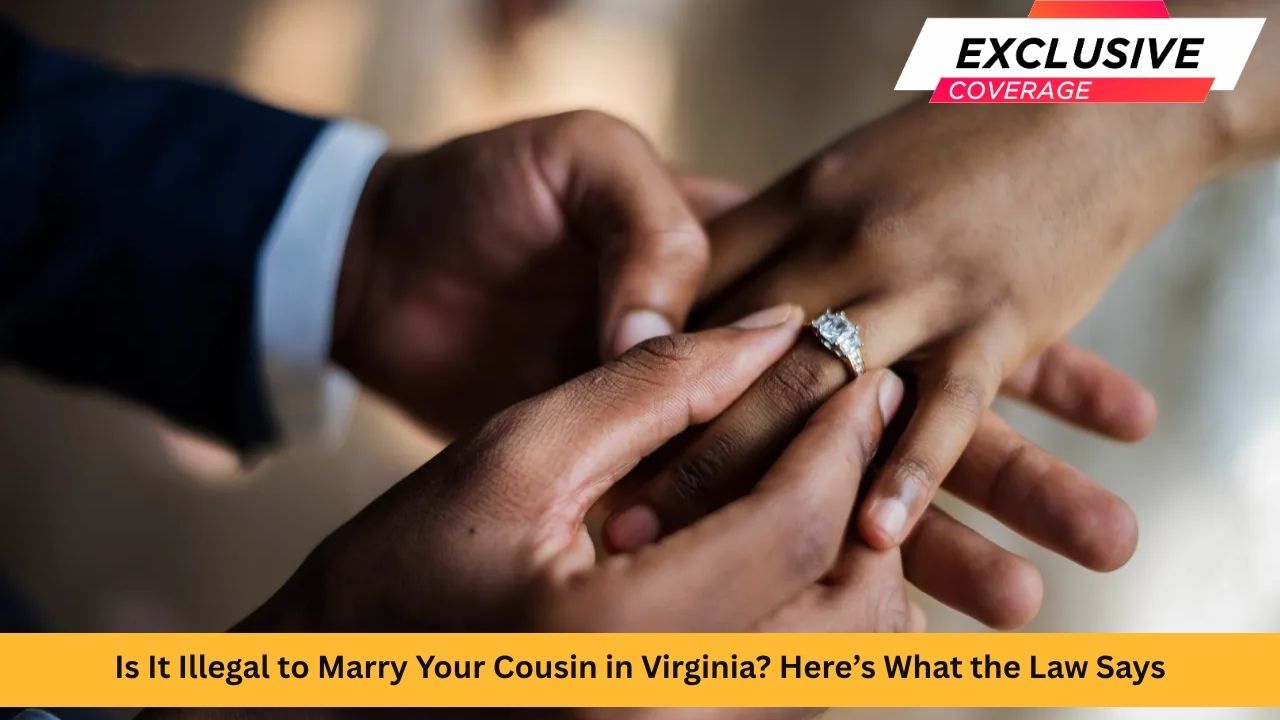

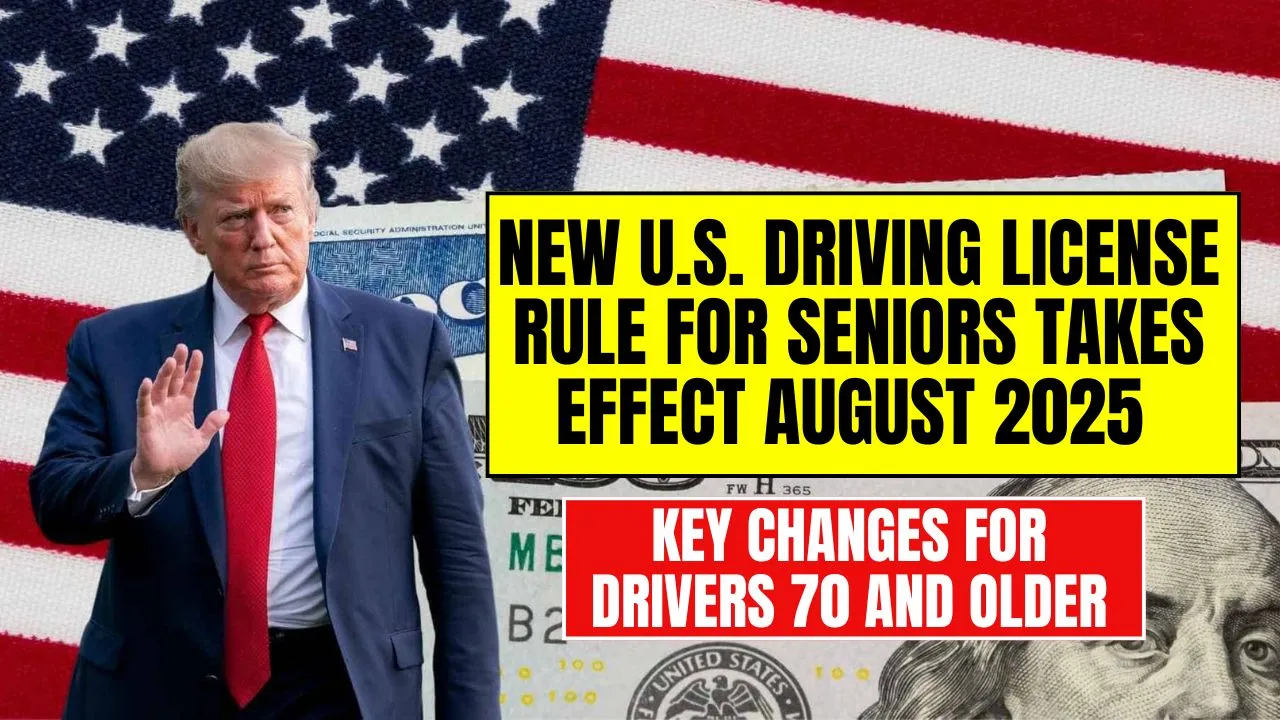
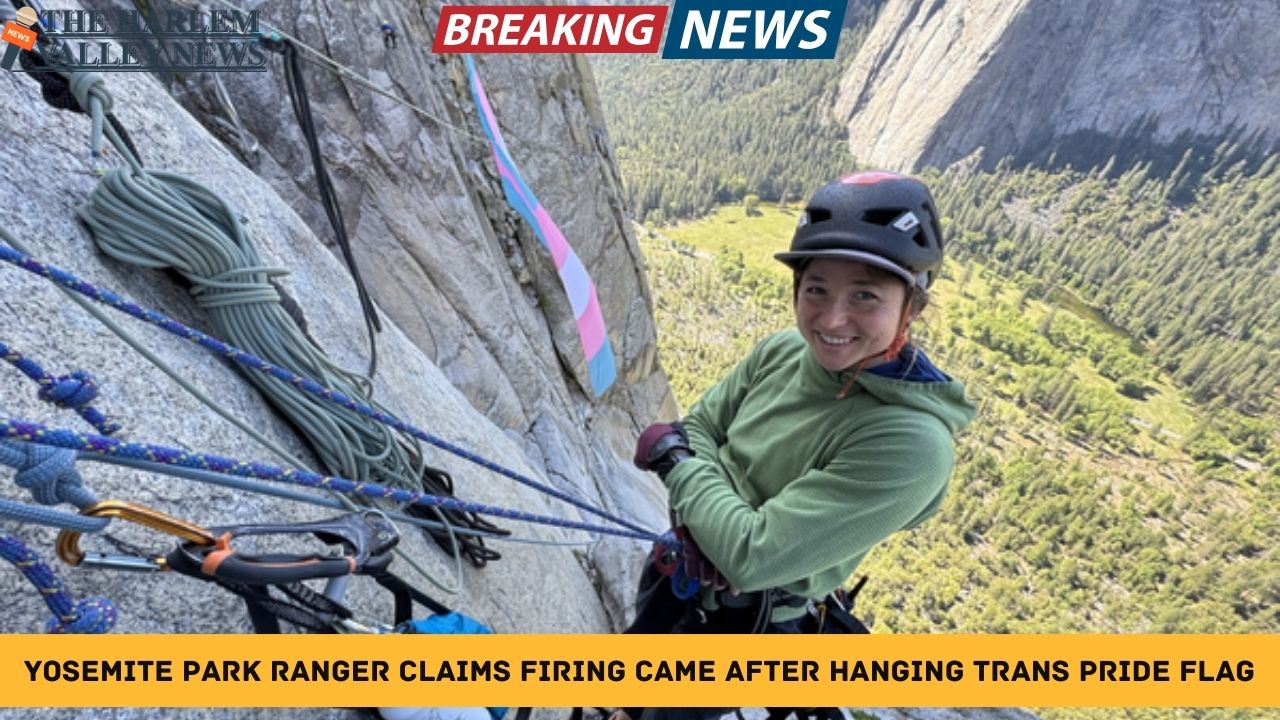

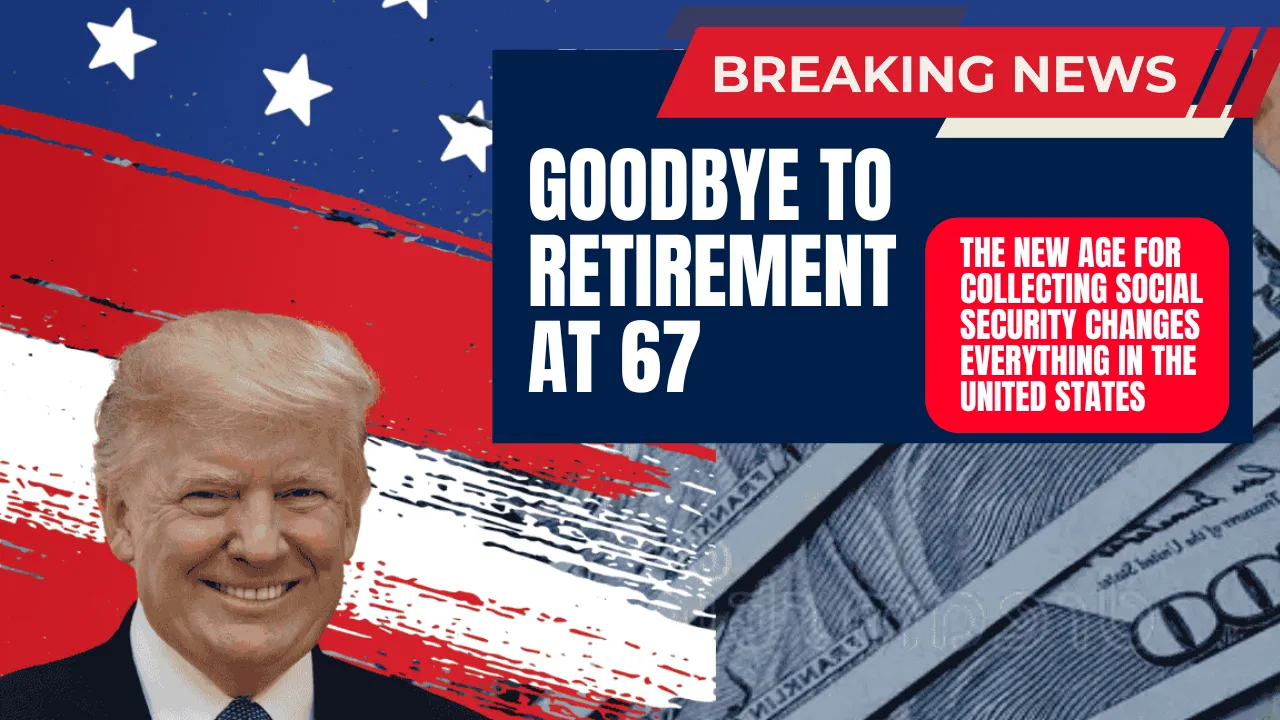
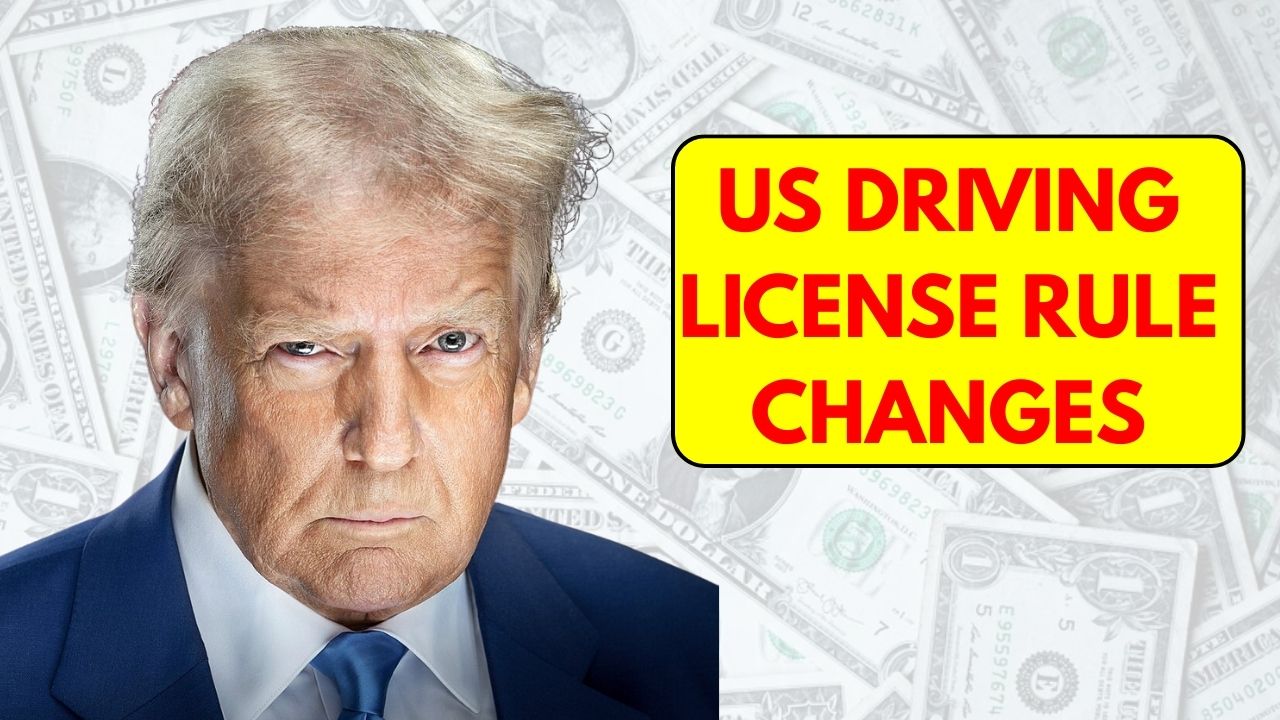
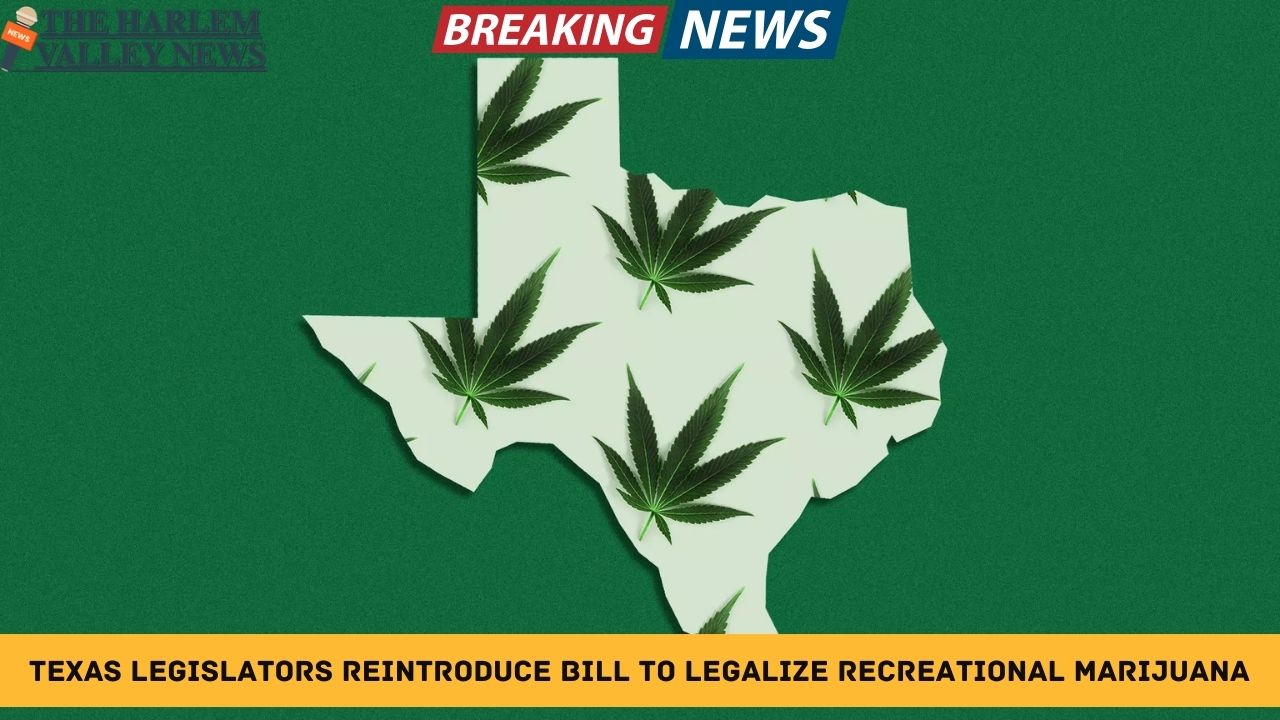
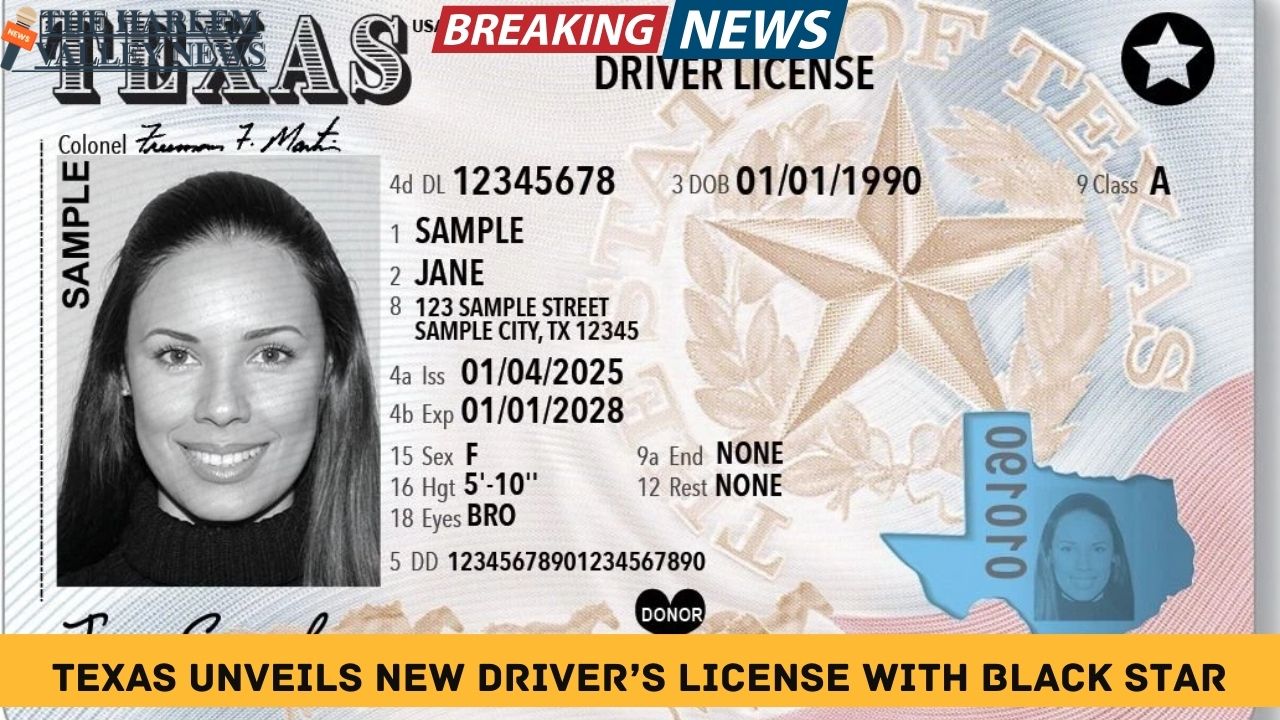




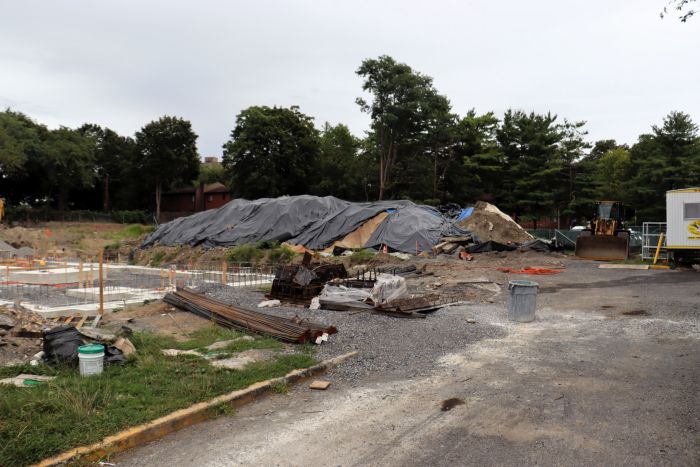

Leave a Reply